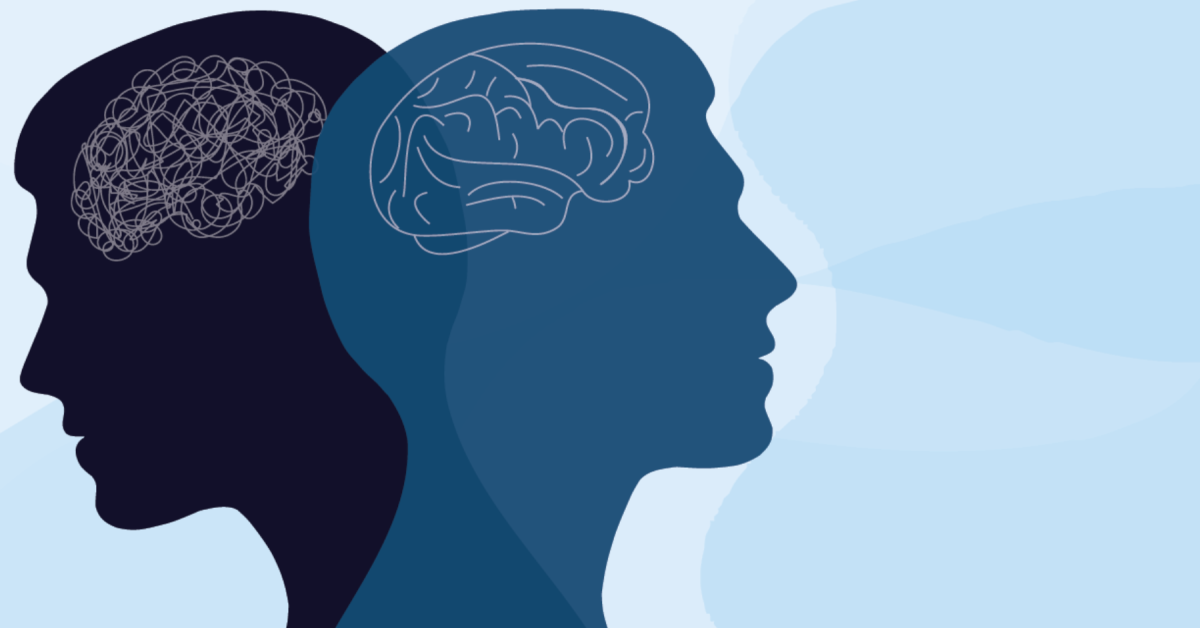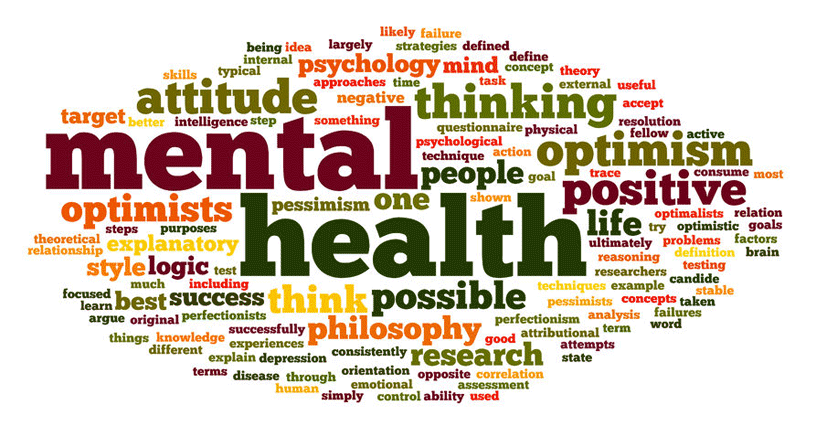Inpatient Mental Health Services Designed for Holistic Care
Inpatient Mental Health Services Designed for Holistic Care
Blog Article
Comprehensive Inpatient Mental Health Services for Effective Treatment
Inpatient psychological health solutions represent an essential component of the health care system, providing a extensive and organized setting for people experiencing serious emotional distress. These services use a multidisciplinary approach, integrating different evidence-based treatments to resolve the complex needs of people. Nonetheless, the efficiency of such comprehensive treatment extends beyond instant stablizing; it additionally includes the transition to outpatient assistance, an essential stage frequently ignored. Checking out the subtleties of this continuum reveals substantial effects for both private recovery and wider mental health and wellness outcomes. What elements genuinely influence this shift, and exactly how can we boost its performance?
Recognizing Inpatient Mental Wellness Solutions
Inpatient psychological health services offer vital support for people experiencing extreme emotional distress that can not be managed successfully in an outpatient setting. These solutions are designed to supply an extensive level of care in an organized setting, frequently within a healthcare facility or specialized facility. People confessed to inpatient programs normally display intense signs and symptoms, such as self-destructive ideation, extreme clinical depression, or psychosis, necessitating continuous tracking and treatment.
The admission process typically entails a thorough evaluation by psychological health specialists, who review the individual's frame of mind, background, and prompt needs. When confessed, people engage in a range of restorative modalities customized to their particular requirements, consisting of medication management, private therapy, and group sessions. This alternative method aims to maintain the individual's problem, promote safety, and foster coping abilities.
Inpatient psychological wellness solutions not just address immediate health issues but also function as a bridge to ongoing care. By providing a controlled atmosphere, these services facilitate the advancement of treatment strategies that can be proceeded in outpatient setups, therefore guaranteeing a continuum of care and improving lasting results for individuals with intricate mental health and wellness demands.
Key Components of Effective Therapy
Effective treatment in inpatient mental health services makes up a number of crucial components that cultivate recovery and stablizing. Most importantly, a detailed evaluation is important to identify the person's particular needs and challenges. This analysis informs the development of a tailored treatment strategy, which works as a roadmap for intervention.
An additional critical component is the multidisciplinary group technique. Partnership amongst psychiatrists, psychologists, registered nurses, and social workers ensures that numerous perspectives add to the patient's care, boosting the performance of therapy. Evidence-based therapeutic modalities, such as cognitive-behavioral treatment (CBT) and dialectical behavior treatment (DBT), are likewise important, supplying structured methods that address maladaptive idea patterns and behavior problems.

Lastly, a focus on aftercare preparation is important to make sure a smooth change to outpatient services, minimizing the risk of regression and advertising long-lasting health. These cumulative elements create an effective therapy framework within inpatient mental wellness solutions.
Advantages of Comprehensive Treatment

Extensive care in inpatient psychological wellness solutions provides many advantages that significantly improve individual outcomes. Among the primary advantages is the all natural technique to treatment, resolving not only the psychological symptoms yet additionally the physical, social, and emotional needs of people. This thorough analysis permits for customized interventions that promote total wellness.
An additional benefit is the combination of multidisciplinary teams, which cultivates collaboration among health care experts. This collective setting ensures that clients get worked with care, decreasing the threat of fragmented therapy and enhancing communication among caretakers. Thorough treatment facilitates connection of services, enabling for smooth transitions from inpatient to outpatient settings, which is critical for lasting healing.

Lastly, the structured setting of extensive inpatient treatment provides a safe area for patients to take part in restorative tasks, helping them establish coping approaches and durability. Collectively, these advantages add to a lot more effective therapy and enhanced lifestyle for people experiencing mental health dilemmas.
Evidence-Based Restorative Methods
In the realm of mental health and wellness treatment, evidence-based healing techniques play an important function in making certain that clients get effective and clinically sustained interventions. These strategies incorporate the most effective available research study with professional knowledge and client worths, fostering a customized treatment experience that deals with individual requirements.
Cognitive Behavior Modification (CBT) is one of the most widely acknowledged evidence-based techniques, focusing on identifying and changing unfavorable thought patterns and actions. This organized technique has demonstrated effectiveness in dealing with problems such as anxiousness, anxiety, and ptsd. Likewise, Dialectical click Habits Therapy (DBT) is specifically effective for individuals with borderline personality disorder, emphasizing the development of emotional regulation and social performance abilities.
Furthermore, medicine management is usually an integral component of evidence-based treatment, as psychotropic medicines can ease signs and symptoms and enhance overall functioning. Collaborative treatment versions, which entail multidisciplinary teams, additionally boost the efficacy of inpatient services by making sure comprehensive evaluations and continuous surveillance.
Eventually, the assimilation of evidence-based therapeutic approaches not just promotes positive medical outcomes yet additionally equips patients, fostering a sense of company and strength in their psychological health and wellness journeys.
Transitioning to Outpatient Support
The shift from inpatient mental health solutions to outpatient assistance marks a crucial stage in a person's healing trip. This period calls for mindful planning and control to ensure continuity of treatment and to reduce the threats of regression or situation. Effective discharge preparation should commence early in the inpatient keep, including a multidisciplinary group that includes psychiatrists, psychologists, nurses, and social workers.
Crucial element of a successful change include the development of a detailed aftercare plan customized to the individual's specific needs. This strategy should lay out follow-up appointments, drug administration, and healing interventions, in addition to recognize neighborhood resources and assistance teams that can promote recurring recovery.
In addition, individual and household education and learning is crucial throughout this phase. Recognizing the indications of potential setbacks and the importance of adhering to therapy can equip patients and their support group.
Normal follow-up and reassessment of the outpatient plan are essential to attend to advancing difficulties. By promoting a joint relationship between inpatient and outpatient providers, the likelihood my sources of continual recuperation rises, inevitably boosting the client's top quality of life and minimizing the risk of readmission.

Conclusion
In recap, extensive inpatient psychological health and wellness solutions use a vital structure for attending to extreme psychological distress through a multidisciplinary approach. Eventually, such comprehensive treatment is vital for lasting psychological health and wellness and health.
The admission procedure generally involves a detailed analysis by mental wellness specialists, who review the individual's mental this hyperlink state, history, and prompt demands.Reliable therapy in inpatient mental health services makes up several key elements that promote recovery and stabilization.Thorough treatment in inpatient psychological wellness solutions uses many benefits that considerably enhance person results.The transition from inpatient mental health and wellness solutions to outpatient assistance marks an essential phase in a client's recovery trip.In summary, thorough inpatient psychological health and wellness solutions use a vital structure for addressing extreme mental distress with a multidisciplinary approach.
Report this page